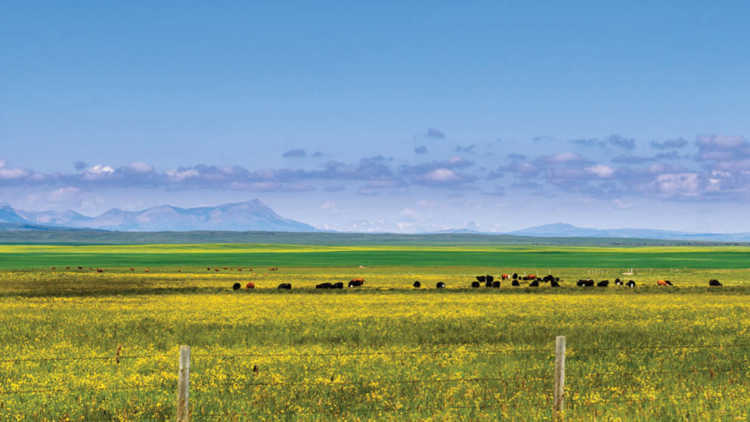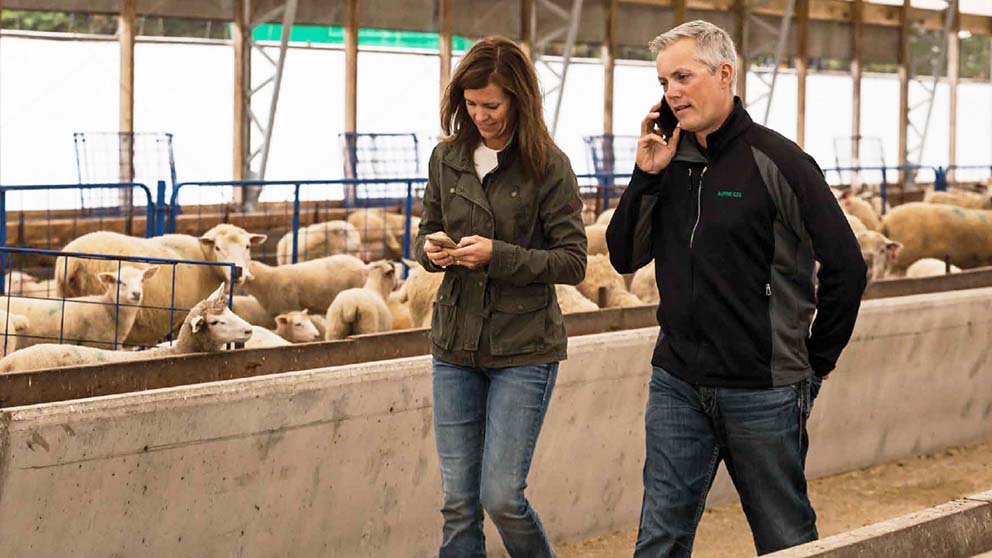A positive attitude, a proactive approach

Studies show that proactive people are healthier, claim to be happier and enjoy better relationships.
Why should we become more proactive? It can help us endure extreme pressure during trying times. Thanks to a proactive attitude, we can address various unpleasant situations (such as mad cow disease, a bad hay crop or even a conflict with our teenager) in many different ways.
Proactive people know themselves well
They have a life plan and have set goals for themselves in all areas of their lives (work, spirituality, personal life, family life, spousal life). They have a sense of control over their lives. Their sources of motivation, standards and values come from within.
Proactive people:
Take responsibility
Make a distinction between what they can control (their actions, words, daily choices), what they can influence (their relationships, finances, health) and what they have no control over (the weather)
Know themselves (values, motivations, strengths, weaknesses, interests, etc.)
Take initiative
To learn to be more proactive, ask yourself:
How did I react to the situation?
What have I learned from the situation?
What could I do differently next time?
What habits can I change to achieve my goals?
Reactive people are often affected by their physical environment.
Trends and the opinions of others influence them tremendously. Their emotional state is greatly affected by how the people around them behave. To a large extent, reactive people blame others for their mental state. Their motivations come primarily from external sources.
Passive people wait
They wait for things to happen, or for events to resolve themselves on their own, or for people to change. They feel that's what will make them happy. They expect others to do things for them, like they are powerless.
| Proactive language | Reactive language | Passive language |
|---|---|---|
| I will | I am being controlled | I don’t know |
| I believe | It is their fault | If you want |
| I choose | I was forced to | Some day |
| I commit myself to | I can’t help myself | I’d really like to but |
| I decided to | I am ashamed by her | I really wish that I could but |
| I don’t want to | I cannot be happy because | I don’t have choice, I have to |
Article by Pierrette Desrosiers © 2018
© Pierrette Desrosiers 2018. All rights reserved.

Mark and Sandi Brock are known for their honest and public portrayal of modern farming. And they’re challenging other producers to join the conversation.
